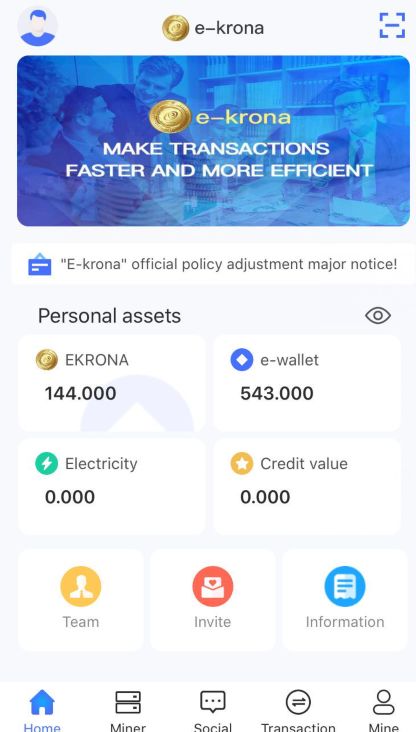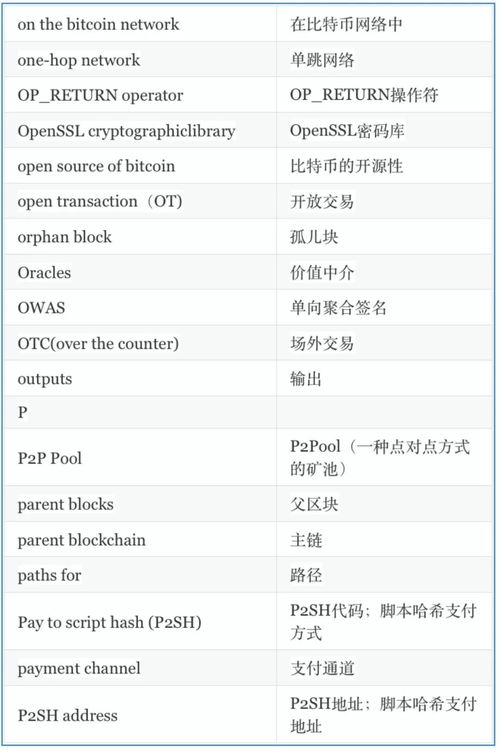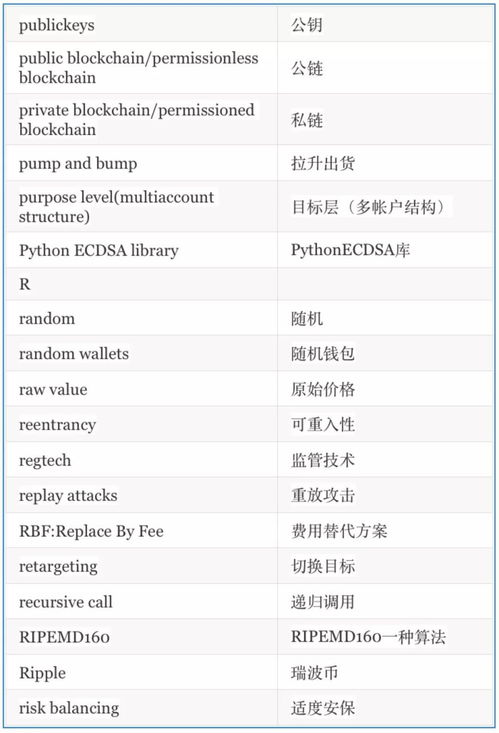Understanding the World of Cryptocurrency: A Comprehensive Guide
Introduction to Cryptocurrency

Introduction to Cryptocurrency

Cryptocurrency has emerged as a revolutionary force in the financial world, offering a decentralized and digital alternative to traditional fiat currencies. As the digital age progresses, understanding the basics of cryptocurrency is becoming increasingly important. This article aims to provide a comprehensive guide to help you navigate the world of cryptocurrency.
What is Cryptocurrency?

What is Cryptocurrency?

Cryptocurrency is a digital or virtual currency that uses cryptography for security. Unlike traditional fiat currencies, which are controlled by central authorities like governments or central banks, cryptocurrencies operate on decentralized networks known as blockchain. This decentralized nature makes cryptocurrencies resistant to inflation and manipulation.
The Concept of Blockchain

The Concept of Blockchain

The blockchain is the underlying technology that powers cryptocurrencies. It is a distributed ledger that records transactions across multiple computers so that the record cannot be altered retroactively without the alteration of all subsequent blocks and the consensus of the network. This ensures transparency and security in transactions.
Types of Cryptocurrencies

Types of Cryptocurrencies

There are various types of cryptocurrencies, each with its unique features and purposes. The most well-known cryptocurrency is Bitcoin, which was created in 2009. Since then, thousands of other cryptocurrencies, often referred to as altcoins, have been developed. Here are some of the main types:
Bitcoin (BTC): The first and most popular cryptocurrency.
Ethereum (ETH): A platform for decentralized applications and smart contracts.
Binance Coin (BNB): The native token of the Binance exchange.
Ripple (XRP): Designed for fast and low-cost international money transfers.
Cardano (ADA): A blockchain platform that aims to offer more sustainable and scalable solutions.
How Cryptocurrency Works

How Cryptocurrency Works

Cryptocurrency works through a peer-to-peer network, where transactions are verified and recorded by network participants known as miners. These miners use powerful computers to solve complex mathematical problems, which validate transactions and add them to the blockchain. In return for their efforts, miners are rewarded with cryptocurrency.
The Role of Wallets

The Role of Wallets

A cryptocurrency wallet is a digital tool used to store, send, and receive cryptocurrencies. There are various types of wallets, including software wallets (desktop, mobile, and web), hardware wallets, and paper wallets. Each type has its own level of security and convenience, so it's important to choose the right wallet for your needs.
The Benefits of Cryptocurrency

The Benefits of Cryptocurrency

Cryptocurrency offers several benefits over traditional fiat currencies:
Decentralization: Cryptocurrencies are not controlled by any single entity, reducing the risk of inflation and manipulation.
Security: Blockchain technology ensures secure and transparent transactions.
Privacy: Transactions can be made anonymously, providing users with a level of privacy not available with traditional banking.
The Risks of Cryptocurrency

The Risks of Cryptocurrency

While cryptocurrency offers many benefits, it also comes with risks:
Volatility: Cryptocurrency prices can be highly volatile, leading to significant gains or losses.
Security Threats: Cryptocurrency wallets can be hacked, and transactions are irreversible.
Regulatory Uncertainty: The legal status of cryptocurrency varies by country, leading to regulatory challenges.
Conclusion

Conclusion

Cryptocurrency is a complex and rapidly evolving field. As more people become aware of its potential, it's important to understand both the benefits and risks associated with it. By staying informed and cautious, you can make informed decisions about your involvement in the cryptocurrency market.
Tags

Tags: cryptocurrency, blockchain, digital currency, Bitcoin, Ethereum, Binance Coin, Ripple, Cardano, wallet, benefits, risks
